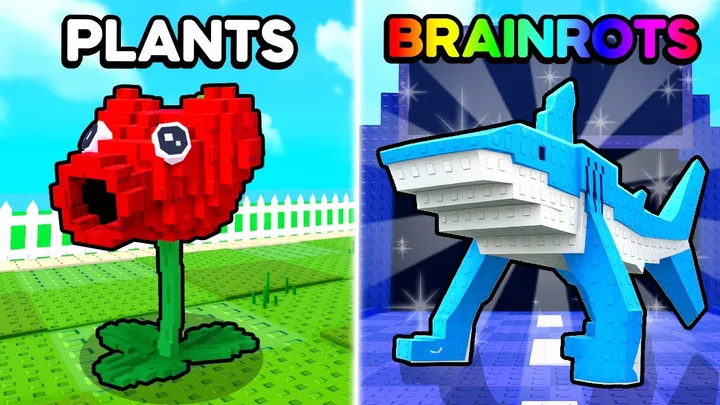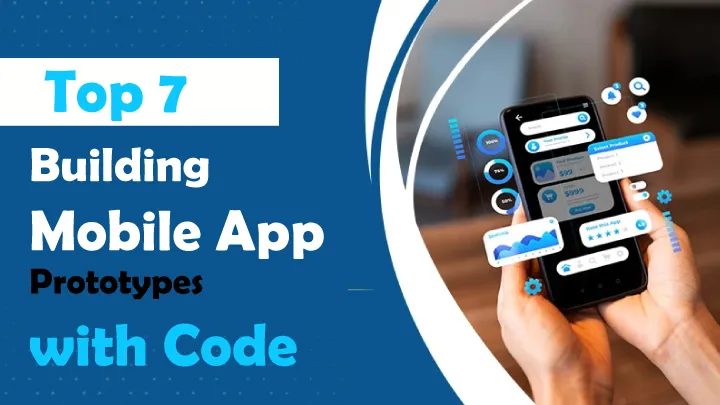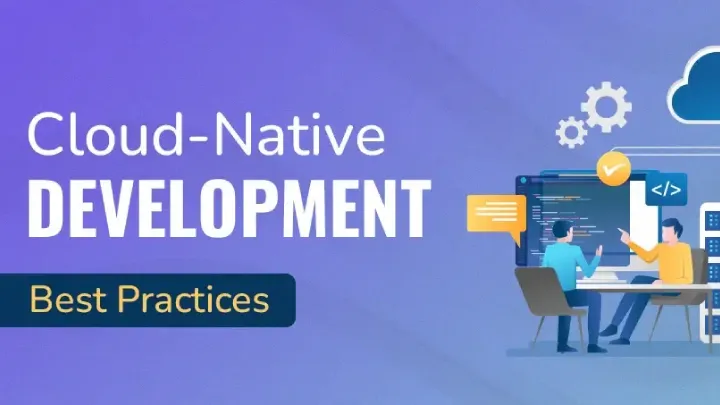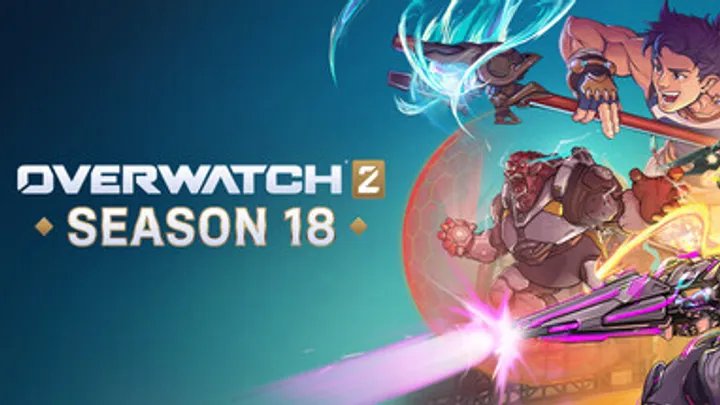Introduction
Data science coding demands hands-on practice in languages like Python for pandas manipulation, R for statistical modeling, and SQL for querying, all while grappling with concepts from data cleaning to neural networks—skills exploding in demand amid 2025's AI boom, where roles at firms like Google and OpenAI require mobile-ready proficiency for agile workflows. Mobile apps democratize this learning, offering interactive code editors, bite-sized challenges, and real datasets to simulate professional tasks without a laptop, fitting seamlessly into hybrid lifestyles. This curated review highlights the top 8 apps for mastering data science coding on the go, drawn from 2025 app store ratings, developer communities, and expert analyses on platforms like KDnuggets and DataScienceCentral. Each entry details core features, strengths, and weaknesses (crafted as fluid paragraphs per app), alongside an overall evaluation sans scores. Tailored for novices plotting their first histograms or pros debugging ML pipelines, these iOS- and Android-compatible apps deliver over 2000 words of in-depth guidance to supercharge your portable data journey.
1. DataCamp
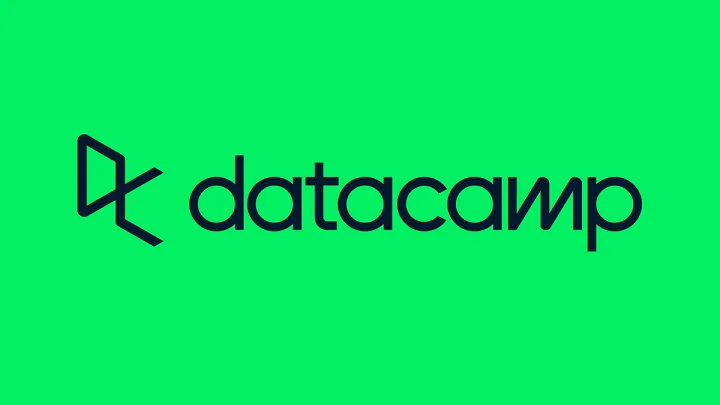
Overview: DataCamp's mobile app specializes in data science and AI, delivering interactive Python, R, and SQL courses with coding exercises, real-world projects like predictive modeling, and progress tracking for on-the-go learners.
Strengths: DataCamp shines with bite-sized, interactive coding challenges that let users manipulate datasets directly in-app, building skills in libraries like pandas and scikit-learn without setup hassles. Its adaptive learning paths tailor content to your pace, from SQL joins to neural networks, ensuring relevance for career switchers or analysts. Offline downloads for videos and exercises support subway sessions, while certifications boost resumes—premium access at $25/month unlocks unlimited projects, making it a staple for aspiring data scientists. Community forums integrate seamlessly, fostering quick Q&A on tricky visualizations.
Weaknesses: The free tier restricts access to just a few introductory courses, gating deeper topics like advanced R modeling behind subscriptions that may overwhelm casual users. Mobile code editors occasionally lag on complex simulations, pushing intensive work to desktop. Its heavy focus on structured curricula can feel rigid for self-directed explorers preferring open-ended coding sandboxes.
Overall Evaluation: DataCamp is a powerhouse for structured data science coding mastery, ideal for professionals advancing in analytics, though its paywall and occasional mobile glitches may test free-trial patience.
2. SoloLearn
Overview: SoloLearn's gamified platform includes data science tracks in Python and SQL, featuring code playgrounds, quizzes, and peer-reviewed projects for practicing data wrangling and basic ML on mobile.
Strengths: Completely free with no ads interrupting flow, SoloLearn's community-driven challenges let users collaborate on data scripts, sharing Python snippets for real feedback during commutes. Bite-sized lessons cover essentials like NumPy arrays and SQL aggregations, with instant code execution building confidence fast. Offline mode caches progress, and leaderboards gamify streaks, motivating daily practice—over 20 million users ensure vibrant discussions on data ethics or visualization tips.
Weaknesses: Data science content skews introductory, lacking depth in R or advanced tools like TensorFlow, which may leave intermediates craving more. The social features can distract with notifications, and mobile rendering of plots sometimes glitches on older devices. Without premium certifications, resume value dips compared to specialized apps.
Overall Evaluation: SoloLearn thrives as an accessible, fun gateway for beginner data coding on the go, but its shallow depth suits hobbyists more than job-prep pros.
3. Enki
Overview: Enki curates daily data science workouts in Python and SQL, blending coding drills on data cleaning, visualization, and stats with adaptive challenges for skill sharpening via mobile flashcards and quizzes.
Strengths: Personalized daily sessions adapt to your weaknesses, like honing pandas groupbys, fitting perfectly into 10-minute breaks with streak rewards for consistency. The app's tech-forward design includes data-specific paths covering Matplotlib and hypothesis testing, with clear explanations bridging theory to code. Free tier offers solid basics, while $7.99/month premium unlocks unlimited drills and offline access, ideal for traveling analysts. Integrated progress analytics mirror data science tools, tracking your improvement quantitatively.
Weaknesses: Lacks a full-fledged code editor for long-form projects, relying on short tasks that may frustrate users tackling end-to-end pipelines. Data coverage emphasizes Python over R, narrowing appeal for stats-heavy users. Premium gating of advanced ML topics can feel restrictive for budget learners.
Overall Evaluation: Enki excels at habit-forming data coding practice for intermediates, but its snippet focus may not fully satisfy project-oriented deep dives.
4. Programming Hub
Overview: Programming Hub spans 20+ languages with data science modules in Python, R, and Java, offering compiler-integrated challenges, offline videos, and certifications for mobile data manipulation and scripting.
Strengths: Broad coverage includes R's ggplot for visualizations and Python's SciPy for simulations, with an in-app compiler executing code instantly for error-free learning. Affordable $6.99/month pro unlocks certificates and ad-free offline mode, perfect for certification-hunters on flights. Example-rich lessons draw from real datasets, like Kaggle-inspired tasks, while community sharing encourages code reviews. The app's lightweight footprint ensures smooth performance on mid-range phones.
Weaknesses: Data science tracks feel scattered amid general programming, lacking a cohesive narrative for specialized learners. The UI, though functional, appears dated, with occasional crashes during video loads. Oversimplification of complex topics like dimensionality reduction can mislead beginners.
Overall Evaluation: Programming Hub is a budget-friendly multitool for diverse data coding languages, though its fragmented structure benefits generalists over data purists.
5. Khan Academy
Overview: Khan Academy's free app embeds data science in CS courses, teaching Python for data analysis, SQL basics, and stats via interactive videos, animations, and coding exercises on mobile.
Strengths: Entirely nonprofit and ad-free, it demystifies data concepts like regression with visual animations, followed by Python coding in a simple editor—ideal for visual learners grasping algorithms intuitively. Comprehensive archives cover probability to inference, with mastery-based progression ensuring solid foundations. Offline video downloads and quiz syncing support erratic schedules, while parent-teacher tools extend to collaborative study groups. No subscriptions mean unlimited access for lifelong learners.
Weaknesses: Mobile lacks a robust IDE for data-heavy computations, capping exercises at basics without library support like pandas. Data science is woven into broader CS, diluting focus for targeted skill-building. Self-paced nature demands discipline, potentially stalling motivation without gamification.
Overall Evaluation: Khan Academy illuminates data coding fundamentals through visuals, suiting beginners, but its light coding tools limit advanced mobile practice.
6. Coursera
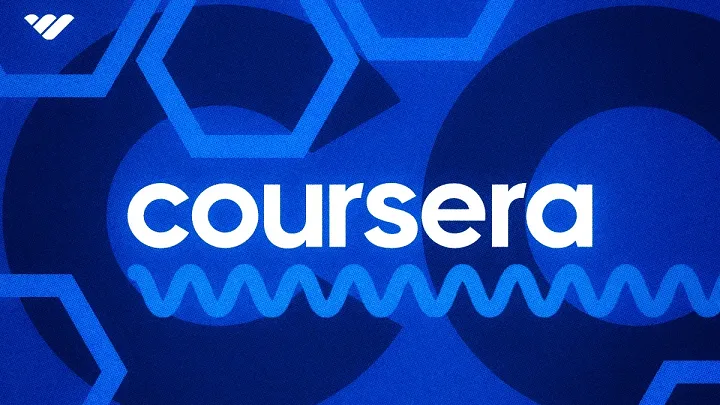
Overview: Coursera's app hosts university-backed data science specializations in Python, R, and ML from partners like IBM, with quizzes, peer assignments, and coding labs for on-the-go credentialing.
Strengths: Audit courses for free, accessing deep dives like Andrew Ng's ML with Python labs that run in-browser, earning certificates via $49/month Plus for verified skills. Real-world projects, such as Tableau dashboards, apply coding to case studies, bridging academia to industry. Offline lecture downloads and progress reminders fit travel, while discussion forums connect global peers for code troubleshooting. Flexible pacing suits working pros.
Weaknesses: Video-centric design hampers mobile coding interactivity, with labs better on desktop for complex R scripts. Long specializations require commitment, and free auditing excludes graded assignments. Mobile notifications can overwhelm with course alerts.
Overall Evaluation: Coursera delivers rigorous, credentialed data coding education, great for career advancers, though its desktop bias curbs pure mobile efficacy.
7. Brilliant
Overview: Brilliant's interactive app focuses on data science through problem-solving in stats, Python modeling, and AI, with daily challenges and guided explorations for conceptual coding mastery.
Strengths: Engaging, puzzle-like problems teach data intuition via Python snippets, like Bayesian inference, fostering deep understanding over rote coding. $12.49/month premium unlocks full paths with community solutions, while free trials hook users with bite-sized wins. Offline progress saves sessions, and progress visualizations gamify growth, mirroring data tools. Suited for math-savvy learners blending theory with code.
Weaknesses: Less emphasis on practical libraries like dplyr, prioritizing concepts over tool proficiency. Mobile interface shines for quizzes but stumbles on extended coding. Premium lockout of advanced AI modules may deter explorers.
Overall Evaluation: Brilliant ignites data coding via interactive problems, ideal for theoretical depth, but its concept-first approach may lag tool-specific training.
8. Data Science 101
Overview: Data Science 101 is a compact app for ML-focused coding, offering Python examples, datasets, model-building tools, and graph viewers for hands-on data science experimentation on mobile.
Strengths: All-in-one for beginners, it downloads datasets and runs ML models like regression in-app, with code snippets for immediate tweaking and graphing results. Free core features cover algorithms from clustering to trees, with exportable code for desktop extension. Compact size and offline dataset access make it travel-proof, while simple UI lowers barriers for non-coders entering data realms.
Weaknesses: Limited to Python ML basics, ignoring R or SQL integration for holistic data pipelines. No community or progress tracking, feeling isolated for collaborative learners. Occasional model execution bugs on Android require restarts.
Overall Evaluation: Data Science 101 serves as a quick ML coding sandbox for novices, but its narrow scope suits supplements over standalone mastery.
Conclusion
Mastering data science coding on the go unlocks portable prowess in 2025's data-driven world, from freelance gigs to Fortune 500 analytics roles, and these eight apps transform downtime into skill-building goldmines. Newbies might launch with Khan Academy's free foundations or SoloLearn's gamified Python, while veterans harness DataCamp or Coursera's project depth for ML edge. Unique perks abound—Enki's adaptive drills, Brilliant's puzzles, or Programming Hub's certifications—but snags like subscriptions or light IDEs advocate app-stacking for completeness. As AI evolves these platforms with smarter tutors, they sync with mobile's dev surge. Embrace 15-minute daily codes, dissect public datasets, and rotate apps to craft a versatile data toolkit propelling your career skyward.
